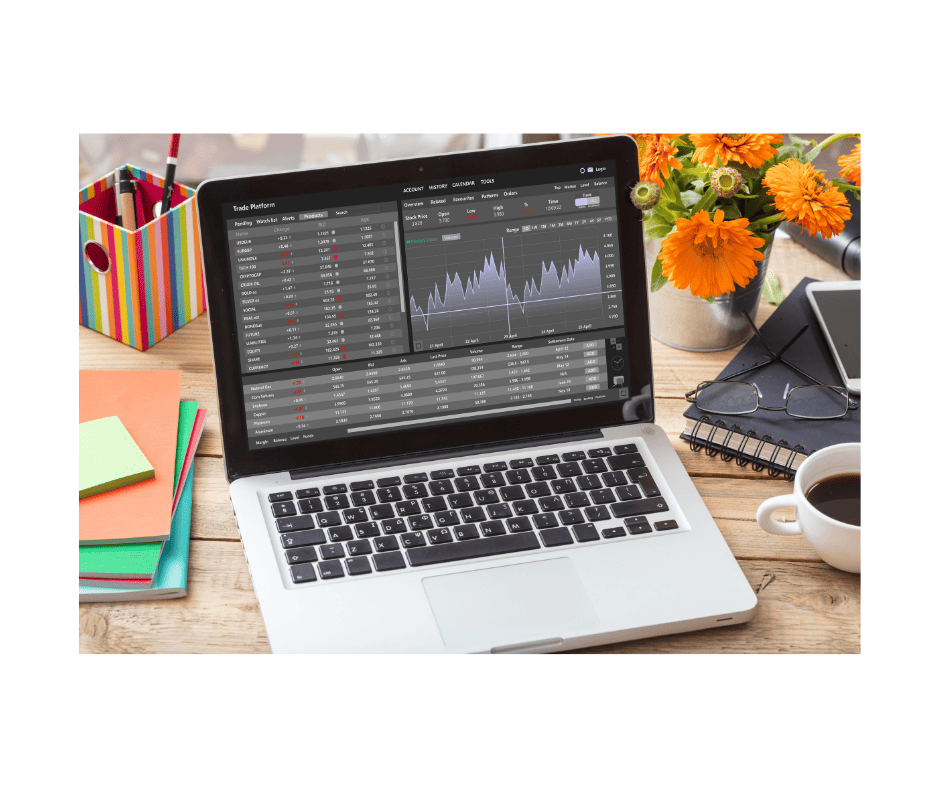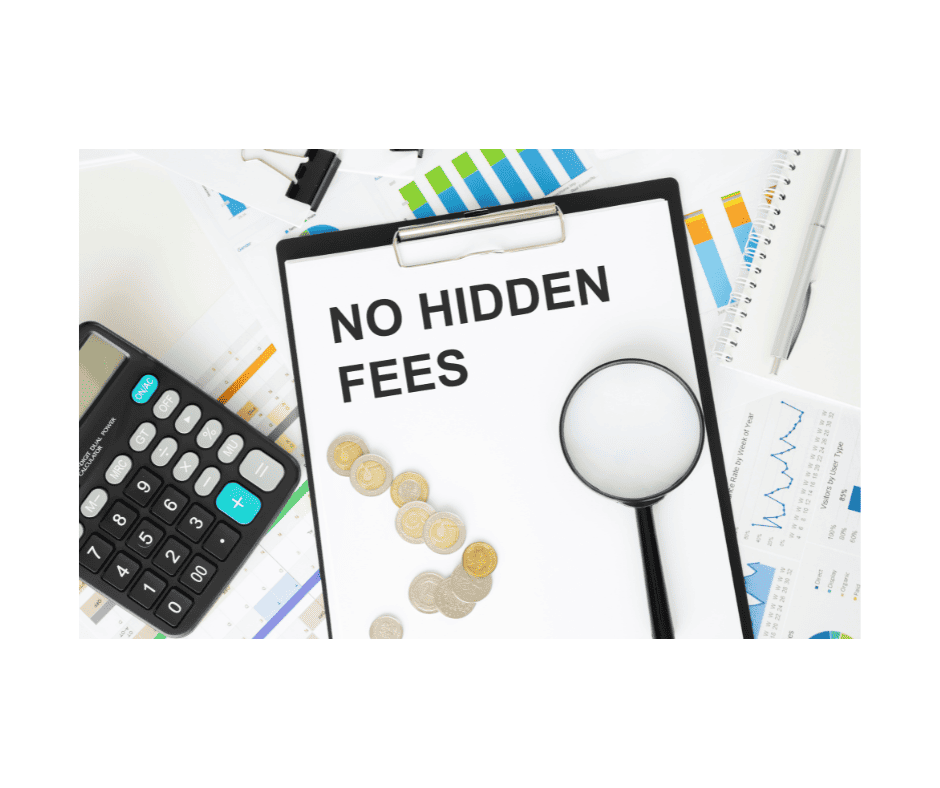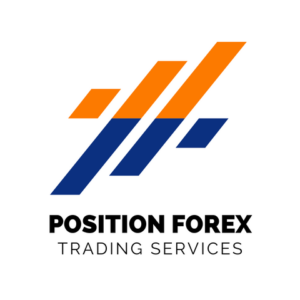Choosing the right broker is crucial for anyone looking to trade in the Forex market because it will impact their trading experience and potential for success.
This highly liquid and volatile market offers immense opportunities but comes with challenges and risks.
A reliable Forex broker acts as an intermediary, facilitating your trades and providing access to the currency markets.
This article will guide you through selecting a Forex broker that suits your trading style, goals, and preferences, ensuring you are well-informed and prepared to navigate Forex trading.
Understanding the importance of this decision and knowing what to look for in a broker can help you have a more secure and profitable trading journey.
What is there to Understand about Forex Brokers?
A Forex broker is a middleman between regular traders and the foreign exchange market. They provide a platform for trading different currencies.
You must understand the role and different types of Forex brokers to make informed choices.
There are four types of brokers: Market Makers, ECN Brokers, STP Brokers, and No-Dealing Desk Brokers.

Market Makers quote both a buy and a sell price, creating a market for their clients and often taking the opposite side of a client’s trade.
ECN Brokers provide a platform for traders to interact and trade directly with one another, offering more transparency but potentially higher trading costs.
STP Brokers send client orders directly to liquidity providers without intervention, while No Dealing Desk Brokers aggregate prices from multiple sources to provide the best available bid and ask prices.
Each type has its unique advantages and disadvantages, and traders must understand these distinctions to choose a broker that aligns with their trading style and goals.
Choosing the right broker is your Forex trading plan’s first and most crucial step.
Are There Key Factors to Consider When Choosing the Right Broker or are They all the Same?
When entering the world of Forex trading, selecting the right broker is a crucial decision that can significantly affect your trading.
It is crucial to thoroughly review various aspects to ensure that you select a broker that meets your specific needs.
As a trader, you should prioritize regulation and safety when selecting a broker. A regulated broker adheres to strict standards safeguarding your investments.
The trading platform and tools should be user-friendly, reliable, and equipped with all necessary resources, facilitating a seamless trading experience.

Evaluate the account details, paying attention to the types of trading accounts available, minimum deposit requirements, and the rules surrounding leverage and margin.
Ensure the broker provides competitive spreads and low commissions to optimize trading costs.
Swift and reliable trade execution can significantly impact trading outcomes, especially in the volatile Forex market. Therefore, it is vital to assess execution quality.
Don’t underestimate the importance of robust customer support, which is available when needed and capable of providing timely and practical assistance.
Finally, explore any additional services, such as educational resources, market analysis, and trading tools, which can enhance your trading skills and market understanding.
What are the Red Flags and Warning Signs of a Bad Broker?
When trying to choose the right broker, it is paramount to be vigilant and aware of potential red flags and warning signs that could indicate a less-than-reputable trading partner.
Beware of brokers making unrealistic promises and offers, such as guaranteed profits or no-risk trading; these are often too good to be accurate and can indicate fraudulent intentions.
Brokers should be transparent when dealing with finances; lack of transparency raises concerns.
Transparency is vital to ensure trust and confidence in financial dealings.

Ensure the broker discloses all relevant information, including trading terms and conditions, fees, and risks.
Pay close attention to reviews and feedback from other traders. Negative reviews and unresolved complaints can be a glaring sign of a broker’s lack of reliability and integrity.
It’s crucial to conduct thorough research and due diligence before committing to a broker, ensuring that you are entrusting your trades to a secure and trustworthy entity.
By remaining alert and cautious, you can navigate potential pitfalls and select a Forex broker that upholds high transparency, fairness, and customer service, ultimately contributing to a more secure and positive trading experience.
Here are Practical Tips for Choosing the Right Broker
Navigating the vast landscape of Forex brokers requires a strategic approach, ensuring you make an informed and beneficial choice.
Start by exploring trading with a demo account. This risk-free environment allows you to familiarize yourself with the broker’s platform and tools and practice trading strategies.
Be meticulous in checking for hidden fees that could erode your trading profits, including withdrawal fees, inactivity fees, or excessive spreads and commissions.

Comparing multiple brokers is a prudent strategy. You should weigh the pros and cons of each to discern which best aligns with your trading goals and preferences.
Don’t underestimate the value of customer service; a broker readily available to assist, answer questions, and resolve issues is indispensable.
Consider practical aspects such as support, tools, and alignment with your financial objectives to choose the right broker and enhance your trading experience.
By following these practical tips, you can choose a reliable Forex broker that will be a steadfast partner in your trading.
Conclusion
In conclusion, choosing the right Forex broker is a pivotal decision in the trading journey that demands careful consideration and thorough research.
This article has delved into the essential aspects of Forex brokers, providing insights into the different types, the critical factors to consider, red flags to watch out for, practical selection tips, and answers to frequently asked questions.
Selecting a regulated, transparent, and user-friendly broker lays the foundation for a secure and potentially profitable trading experience.
What’s the Next Step?
Select a reputable broker and open an account using what you learned in this article.
In addition, look for opportunities to use a demo account first to learn the broker’s platform.
Once you’re ready to trade, choose a strategy and process you believe will work for you.
If you need help developing an analysis process, you can use our Six Basics of Chart Analysis. If you’re unfamiliar with the Six Basics, you can learn them here for free.
The “Six Basics” will give you a strong foundation in chart analysis, which you can incorporate with what you’ve learned about Forex trading.
In addition, when you get the “Six Basics,” you’ll also get Forex Forecast delivered to your inbox every Sunday.
Forex Forecast includes:
- Trade Ideas and Analysis
- I will use the Six Basics of Chart Analysis and Advanced Strategies to show you the trade opportunities I’m watching.
- Case Studies from Around the Web
- Watch how applying the Six Basics worked on some of the best, most profitable trades.
- Trading Education Guides and Videos
- Want to learn most Six Basics techniques and advanced strategies?
- I produce videos and guides to help you learn and improve trading practices.
- Links to New Articles
- I publish new articles on topics traders will want to know about every week, and you can find out when they post.
- Positionforex.com News
- Did something change at positionforex.com? Learn about it here first!
- Links to upcoming webinars
- Attend free webinars to improve your trading.
- And Much More
- Tools, Membership-only Videos, and more will be released in the Forex Forecast.
The best part – it’s completely free.

Frequently Asked Questions (FAQs)
What is a Forex Broker, and Why Do I Need One?
A Forex broker is a financial services company providing access to a platform for buying and selling foreign currencies.
You need a broker to act as an intermediary, as individual traders do not have direct access to the Forex market.
How Important is Regulation in Choosing the Right Broker?
Choosing a Forex broker is crucial, and looking for one that is regulated is essential. A regulated broker follows strict standards set by financial authorities to ensure transparency, security of funds, and fair trading practices.
What Types of Forex Brokers are there, and how do they Differ?
The main types of Forex brokers include Market Makers, ECN Brokers, STP Brokers, and No-Dealing Desk Brokers. Market Makers provide liquidity and set the buy and sell prices.
ECN and STP Brokers offer direct market access, providing more transparency but possibly higher trading costs.
No Dealing Desk Brokers aggregate prices from multiple sources.
What Should I Look for in a Forex Trading Platform?
Look for a reliable, user-friendly platform that offers all the necessary tools and resources. It should have a clean layout, real-time data, advanced charting tools, and fast order execution.
How do Spreads and Commissions Affect my Trading?
Spreads and commissions are trading costs. Lower spreads and commissions mean lower trading costs, increasing your potential profitability.
Always choose a broker with competitive spreads and transparent commission structures.
Is Leverage in Forex Trading Risky?
Yes, leverage can be risky as it allows you to control a significant position with a relatively small amount of money, amplifying potential profits and losses.
Ensure you understand how leverage works and use it cautiously.
How do I Know if a Forex Broker is Trustworthy?
Check for regulation, read customer reviews, ensure they have transparent trading practices, and provide robust customer support.
A trustworthy broker should be open about their practices and committed to providing a secure trading environment.
Can I Start Trading with a Demo Account?
Yes, most brokers offer demo accounts that allow you to practice trading with virtual money. This helps you understand the platform and test strategies without risking real funds.
What is Slippage, and How Does it Affect My Trades?
Bid/ask price change between placing a trade and its execution can cause slippage, which is executing a trade at a different price than intended.
It can affect trades negatively or positively, so it’s essential to choose a broker with fast execution to minimize slippage.
What Should I Do if I Have a Terrible Experience with a Broker?
If you have a bad experience, try to resolve the issue with the broker directly.
If that does not work, you can report them to the regulatory authority in your jurisdiction and consider switching to a more reputable broker.

